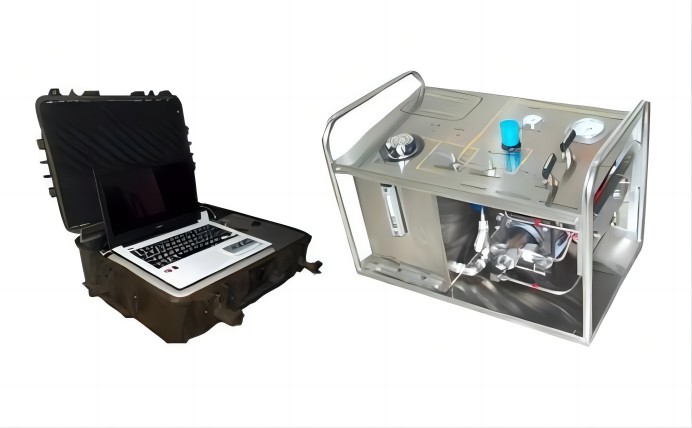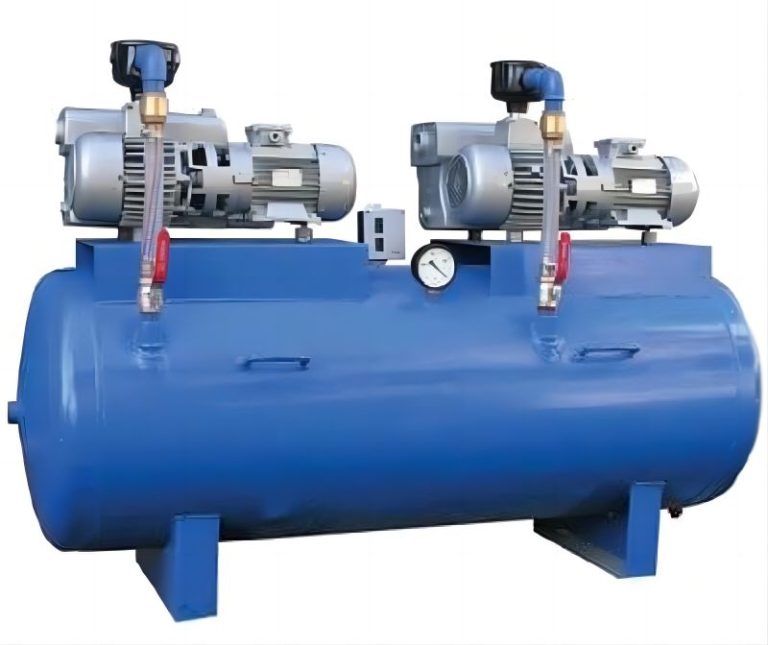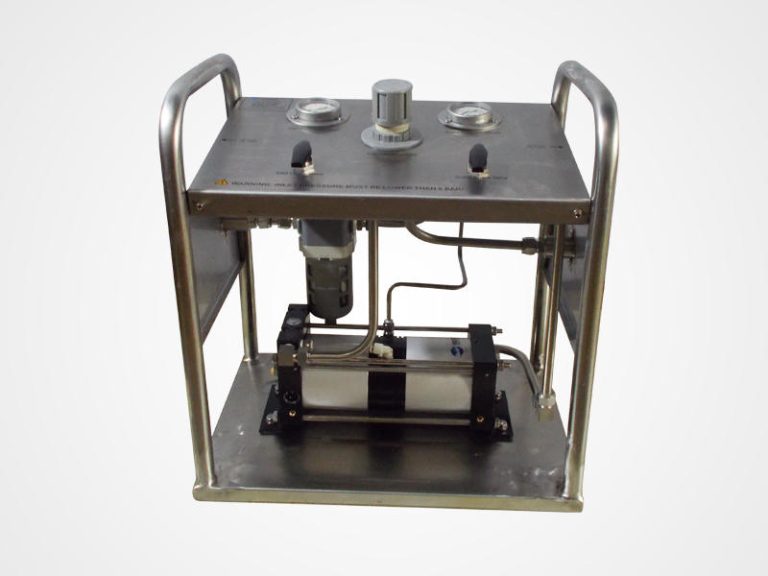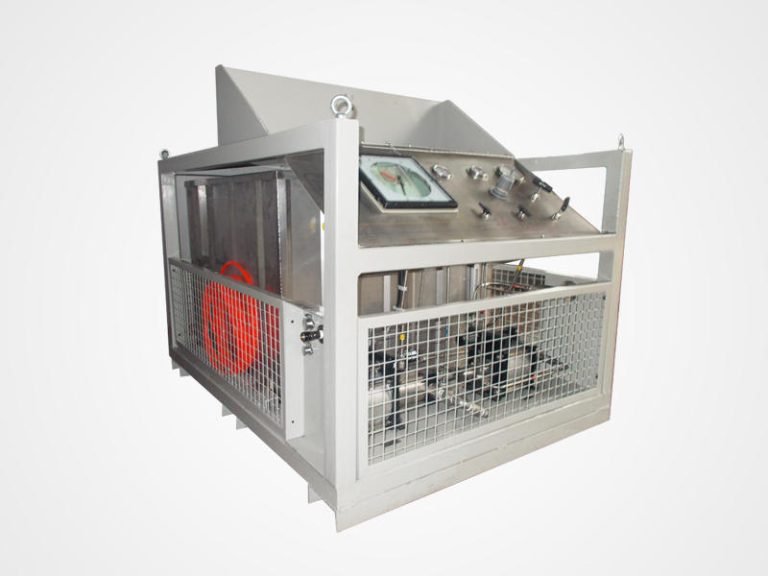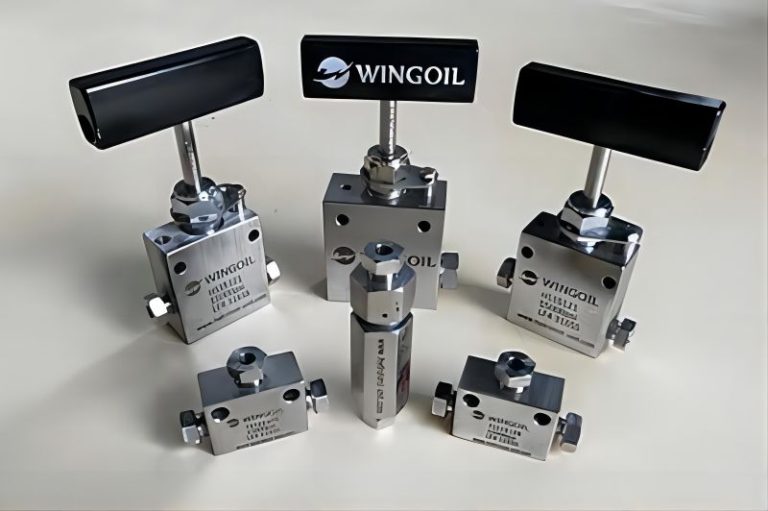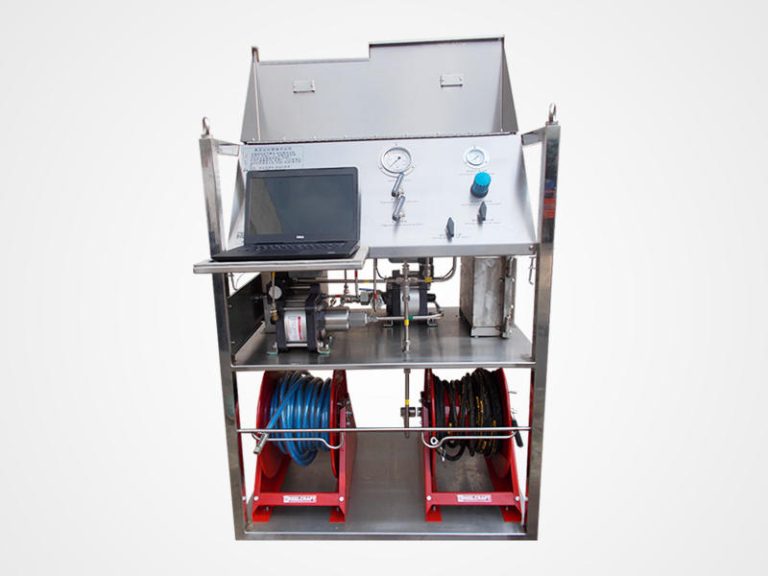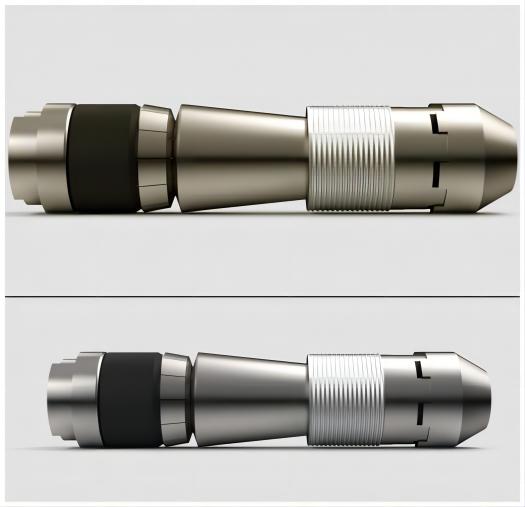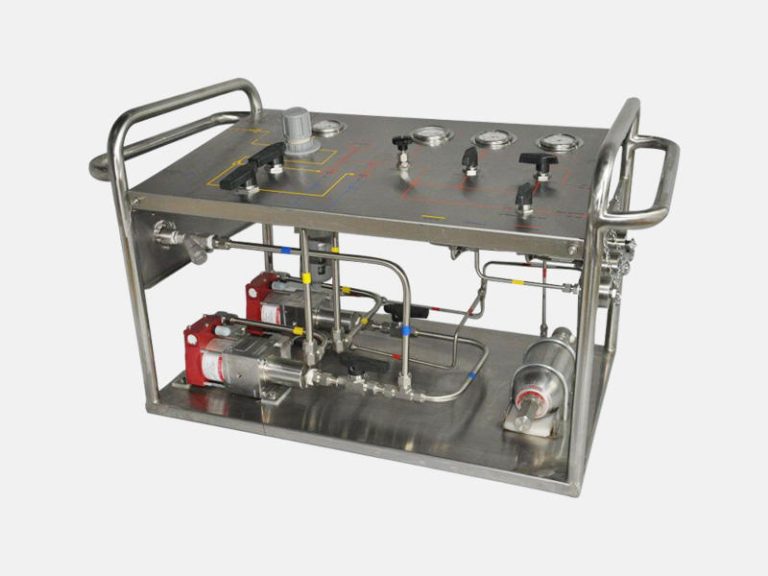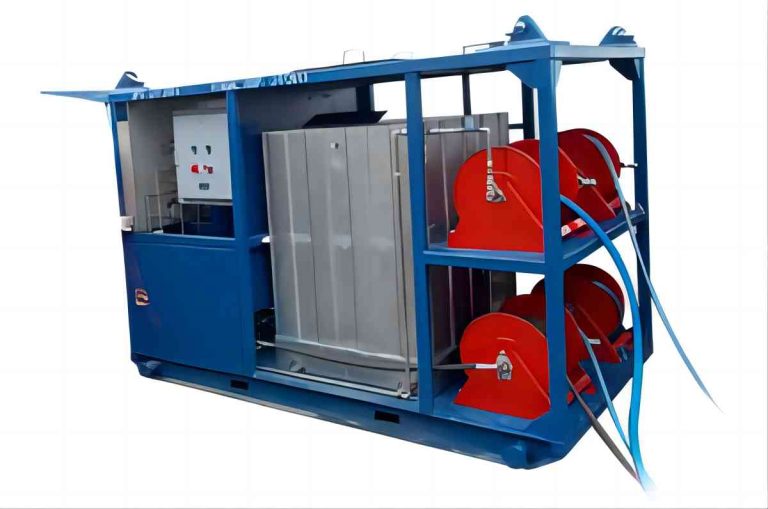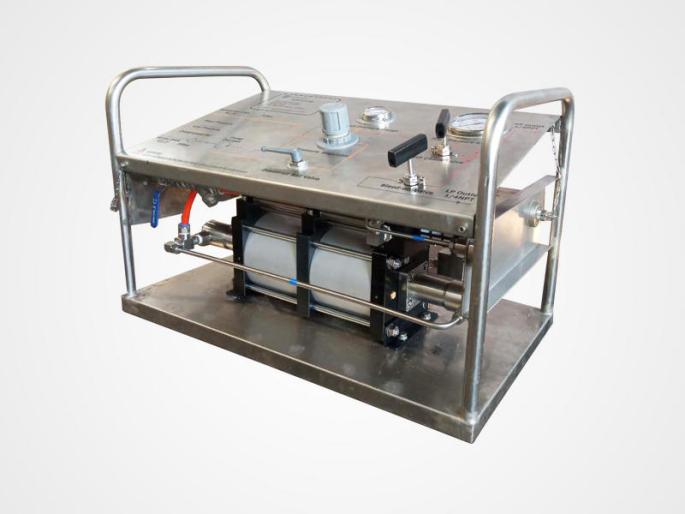What You Need to Know about Hydrostatic Test Pump?
A hydrostatic test pump is a mechanical device that exposes pressure vessels, pipes, and other containers to high-pressure water to check their integrity and strength. This test identifies potential leaks or weaknesses and assures the structural soundness of the tested components for safe operation. Hydro test pump pressurizes the system to a certain level and maintains pressure for…

